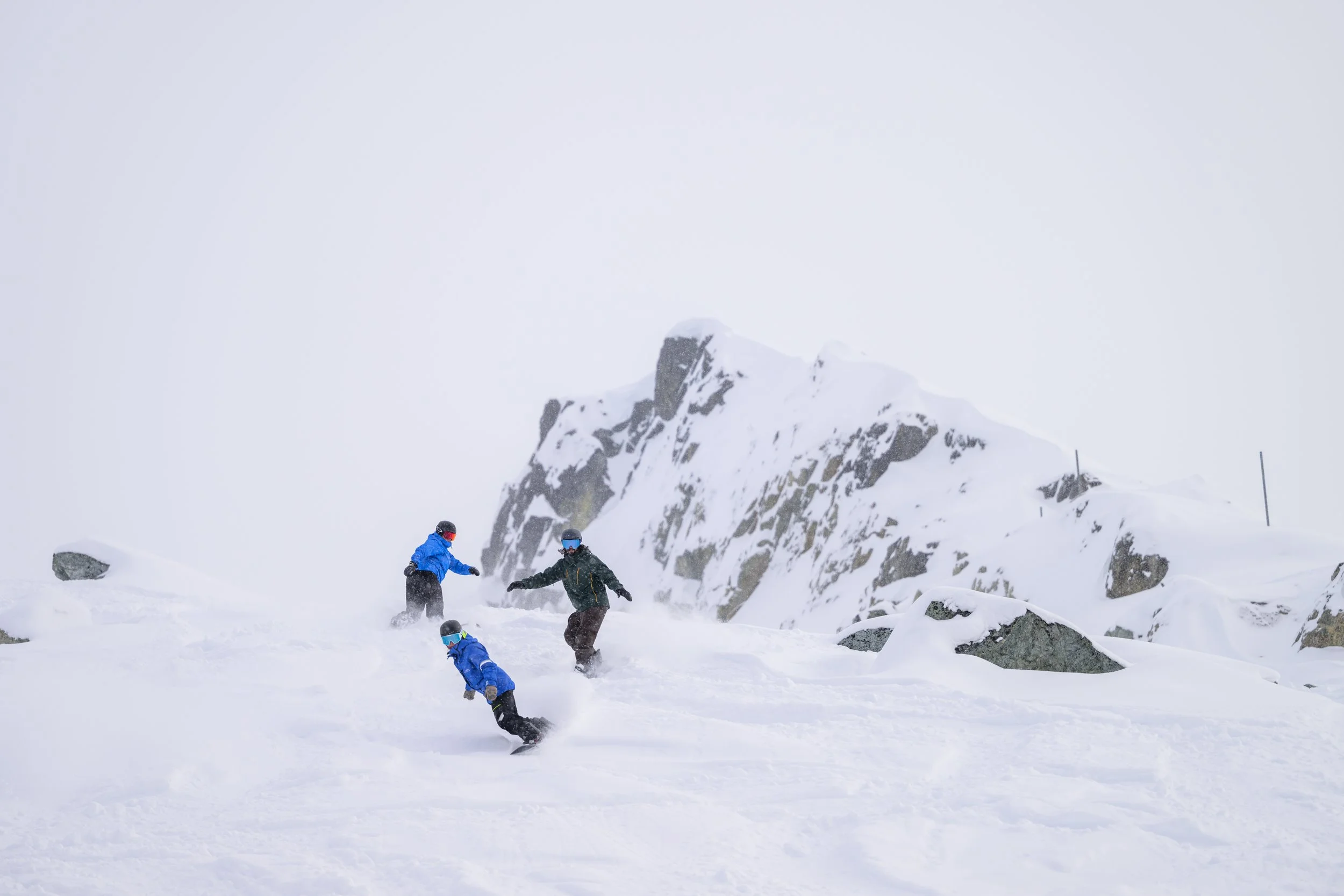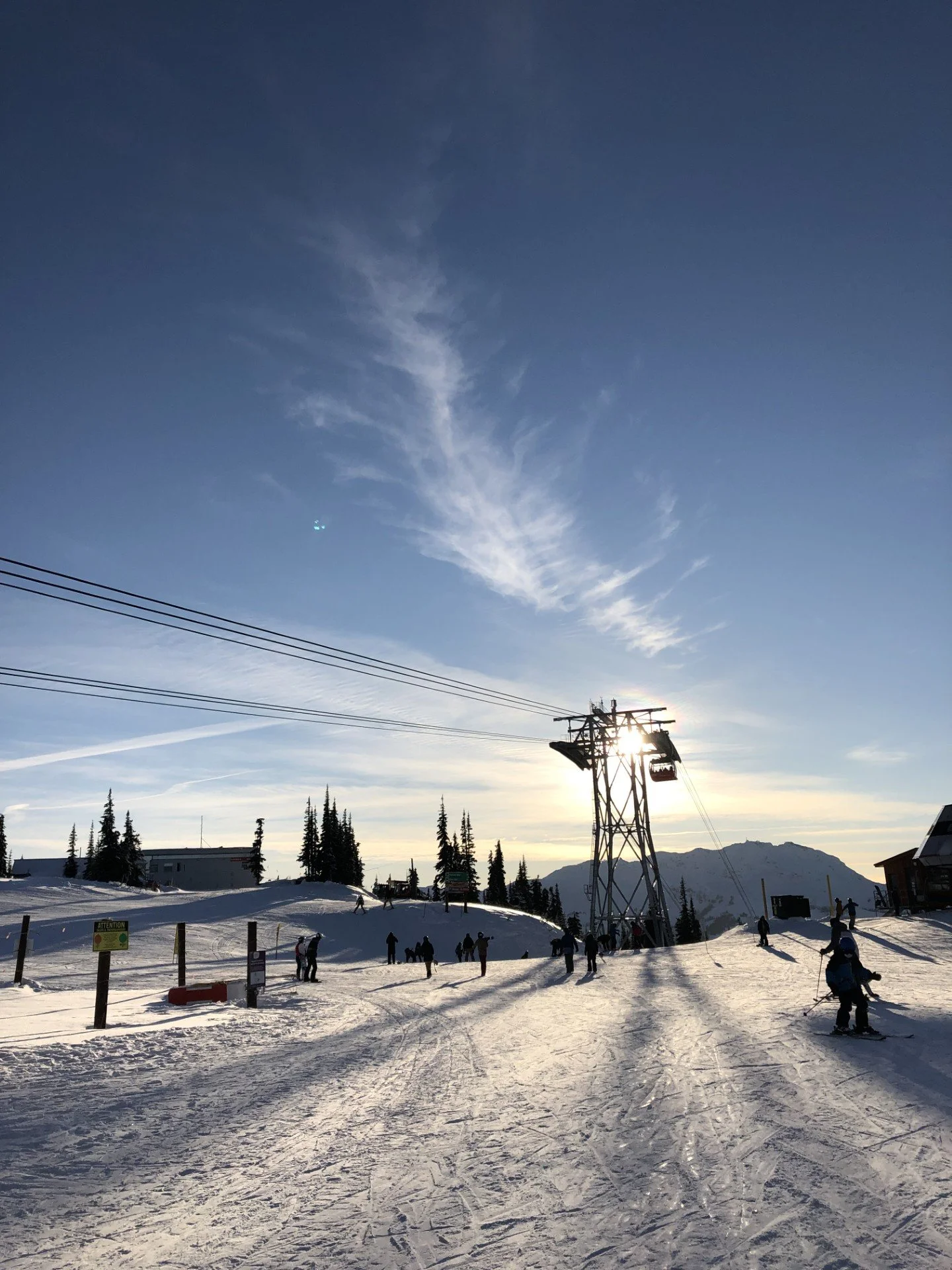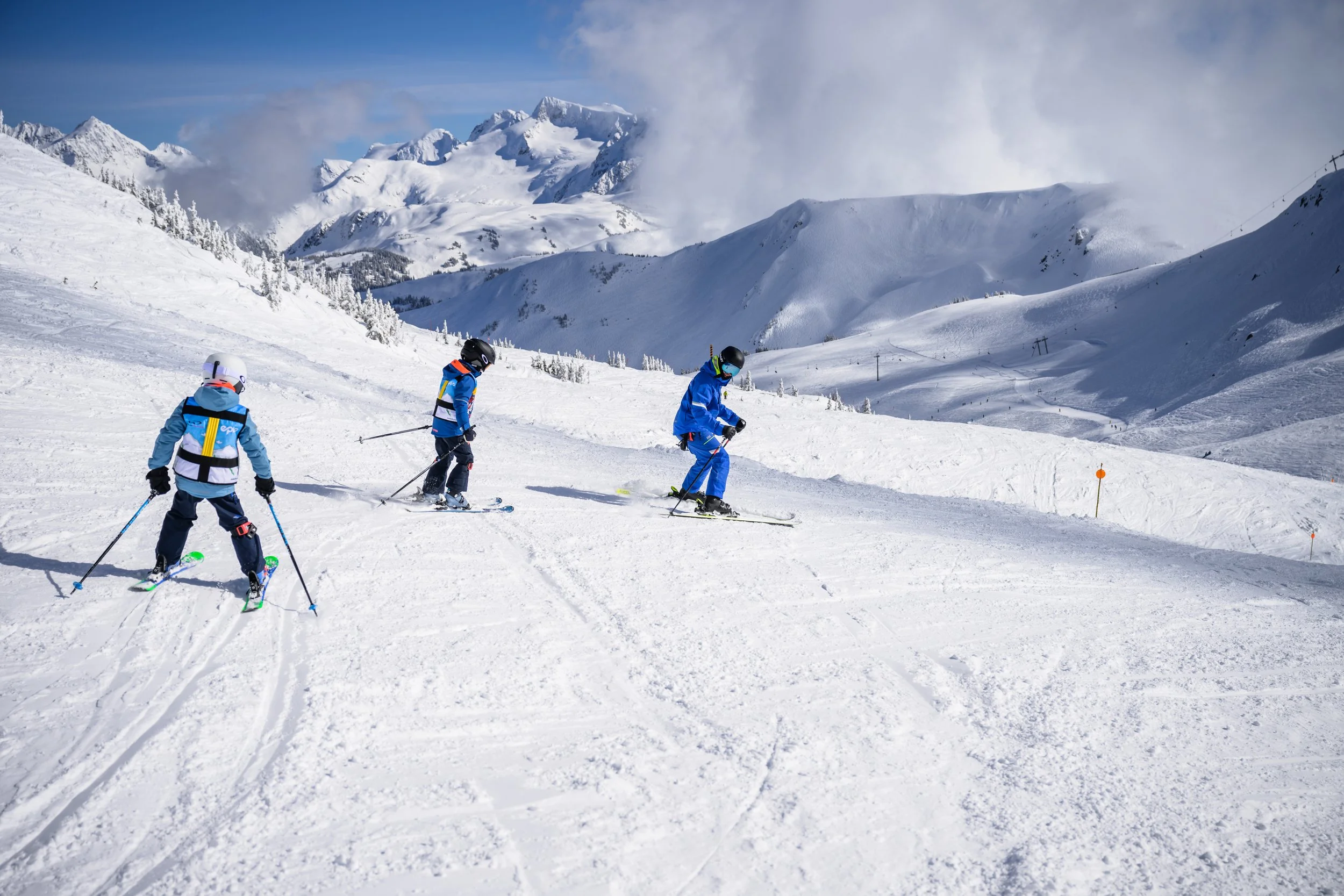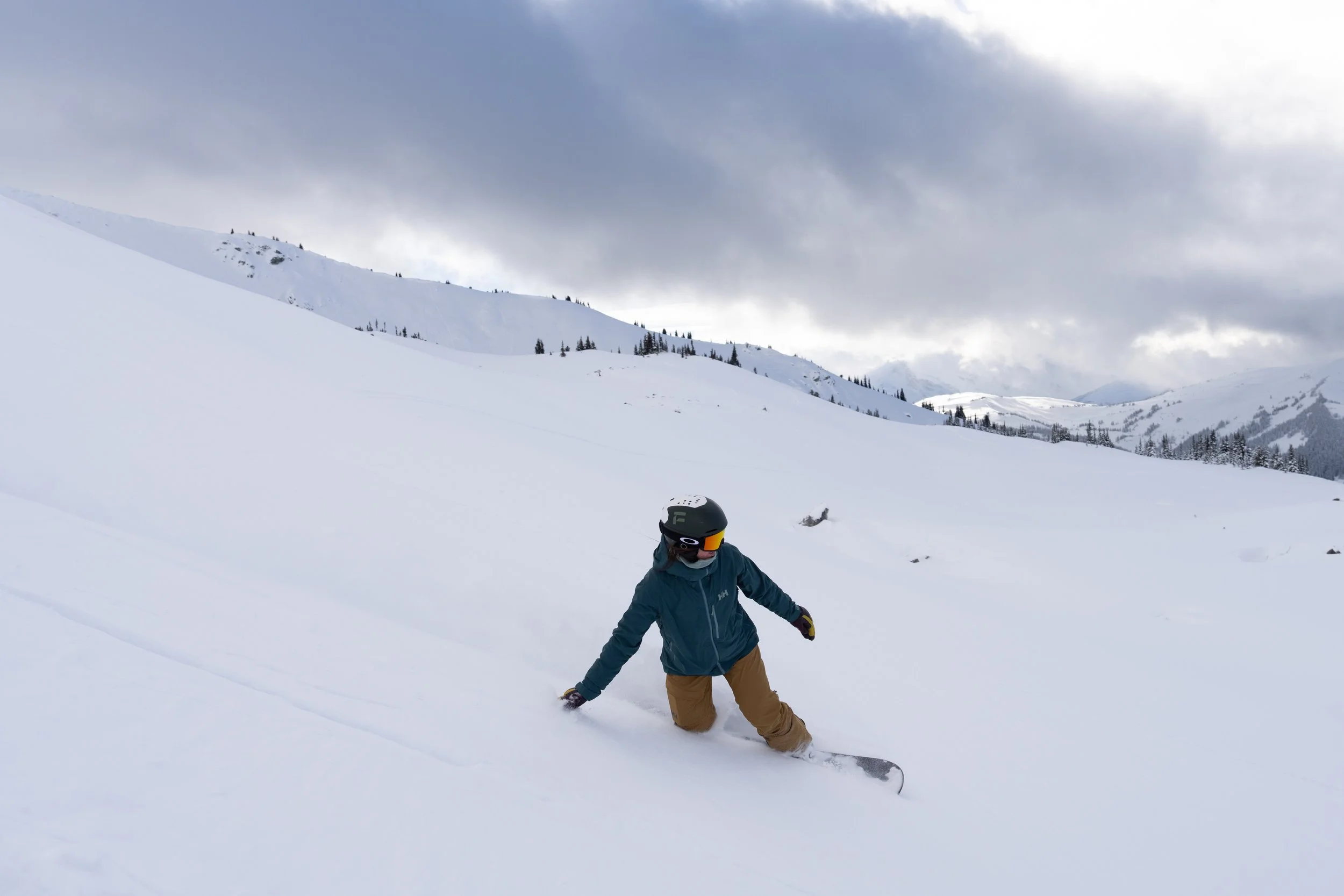
Explore Our Resource Library
Resources to help you be safer in your job
Resources to help you teach a better lesson

On Hill Resources
-

Snow School Safety Manual
This Manual outlines the safety guidelines of the WB Snow School
-

* New * Snow School Interactive Trail Map
Link to a new interactive SS Trail map map with run feature details and Teaching Steeps zones
-

Grooming Report
Daily Grooming report in the winter
-

Lift Status
Open Lifts and carpets vary day by day due to staffing shortages from exclusions. Please check the WB lift status page for information
-

Unicorns
Snow School Pros who are ready to help with any questions you may have during busy periods and early season periods
-

Snow Report
Check out how much fresh snow we got last night!



















